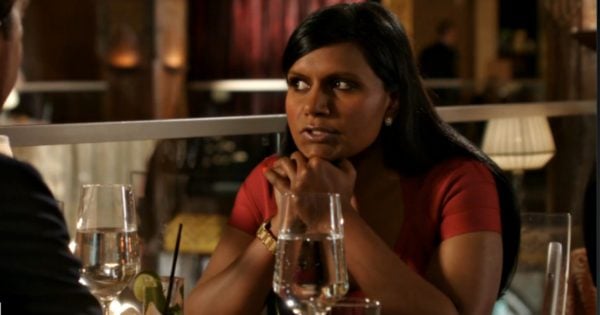If I asked you to think of a couple where you’d consider the woman to be more attractive than the man (as a completely objective third party), you could probably reel off a long list of either celebrities or people that you know.
But what about vice versa?
It’s very rare to see a ‘hot’ man dating a ‘plain’ woman – and if they do, there’s a very frustrating reason why it’s almost always doomed to fail.

The latest episode of Tinder's podcast DTR sought to find out exactly why that is by talking to various people from both sides who've found themselves in this 'unequal' pairing.



Top Comments
This absurd. Actually women want to date up and they can. Hollywood doesn't equal real life.
Attractiveness and what is deemed as attractive has varied significantly throughout the history of humanity. So sorry, your psychologist is totally wrong and either hasn't studied history or has never visited an art gallery and seen paintings and sculptures of beauties male and female from past civilizations. Stating in your article that we are all hardwired to be judgmental is a pretty judgmental thing to say in itself, and very untrue.